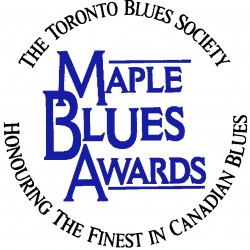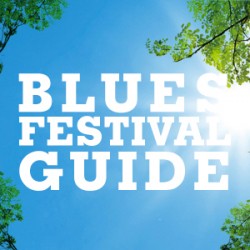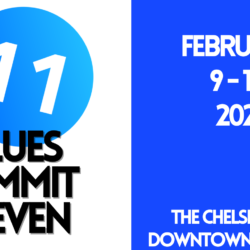September 2022 – Charlie Musselwhite
And who doesn’t know, if not revere, Charlie Musselwhite – a man whose very name is, after immersing himself into the blues for the past 50+ years – synonymous with the genre and with masterful harp-playing in particular?
Any fan of his initial release with his own South Side Band in ’67 (complete with misspelled cover, ‘Charley’), realized his depth of skill and raw power of his harmonica playing instantly. His singing voice, however, was never his strongest suit. It wasn’t until many years later that his comparably gruff-sounding, somewhat-stuttering style has been replaced by a hauntingly-authentic, bourbon-cured rasp, somewhat foreshadowed by the similarly deluxe release, 100 Years Of The Blues, with fellow blues fisherman, Elvin Bishop.
Unlike most blues artists, Charlie was actually born in Mississippi – in Kosciusko, in January of ’44 and so, after releasing a body of work that includes some 35+ albums, it seems most fitting that he’s come home to deliver a 14-track collection of the simple goods.
Joined by Ricky Martin on drums and Barry Bays on acoustic bass, Musselwhite dazzles on all fronts for “Blues Up The River” – animated guitar, spirited vocals and his patented harp-playing. Yank Rachell’s “Hobo Blues” gets a relatively rollicking treatment, Martin’s crisp snare meeting Musselwhite’s harp, guitar and ruminative, Hooker-like vocal that ends too soon – to its smiling conclusion, Musselwhite clearly having a ball with it. A paean to his wife (Henrietta), “In Your Darkest Hour” reminds the listener of how powerful a harp player Musselwhite continues to be, while – anyone not realizing Musselwhite’s skills on guitar will be truly shaken by his accompaniment here. The upbeat “Stingaree” will continue to reawaken existing fans to Musselwhite’s firm grasp on acoustic guitar and its real contribution to plainspoken blues, while his harp and confident vocals here provide the hat-trick. Musselwhite’s own “When the Frisco Left The Shed” is back to basics but the added rhythm section allows Musselwhite’s harp to drive home its ever-effective, targeted impact. “Remembering Big Joe” is yet another demonstration of Musselwhite’s unexpected guitar prowess as he turns in a surprisingly powerful solo instrumental you might not have expected to hear. Note that it’s played on one of Big Joe Williams’ guitars and that the two of them were friends. An honest reading of Guy Clark’s “The Dark” proves another album highlight, while Musselwhite’s delightful southern drawl complements the late songwriter’s Texan delivery, illuminating all the little things. The pace picks up with a reverential take on Charley Patton’s “Pea Vine Blues” while Musselwhite’s turn on Big Joe Williams’ “Crawling King Snake” demonstrates his seasoned vocal ability, his guitar and harp embellishing the song’s sensual, driving rhythm. Somewhat autobiographical, Musselwhite’s “Blues Gave Me A Ride” shoots from the hip in its simplicity, offering volumes on his perception of the real state of world affairs. Musselwhite’s “My Road Lies In Darkness” provides yet another guitar-driven tale of gloom and desperation, featuring guitar lines that track Musselwhite’s vocal to the letter, complete with tasteful solos, with and without slide embellishment. His departure out of town can be the only route worth taking. “Drifting From Town To Town” works well in the trio format – with each musician giving each other sufficient space to create something more than the sum of its parts. Gospel music’s Albert Brumley’s gift to the Stanley Brothers’, “Rank Strangers”, gets a simplified, yet equally dignified, down-home treatment as Musselwhite flexes his acoustic blues guitar muscle and punches in with a world-weary vocal. The Breuer/Telson composition from an old African-American musical, “A Voice Foretold”, rides in atop Musselwhite’s harp, while his mournful-sounding acoustic guitar and anguished vocal closes this release. How is it that doom and gloom seems somewhat hopeful in Musselwhite’s care?









